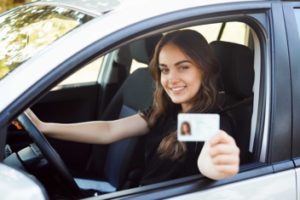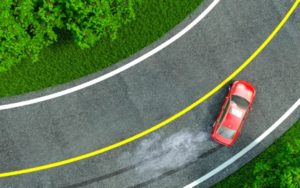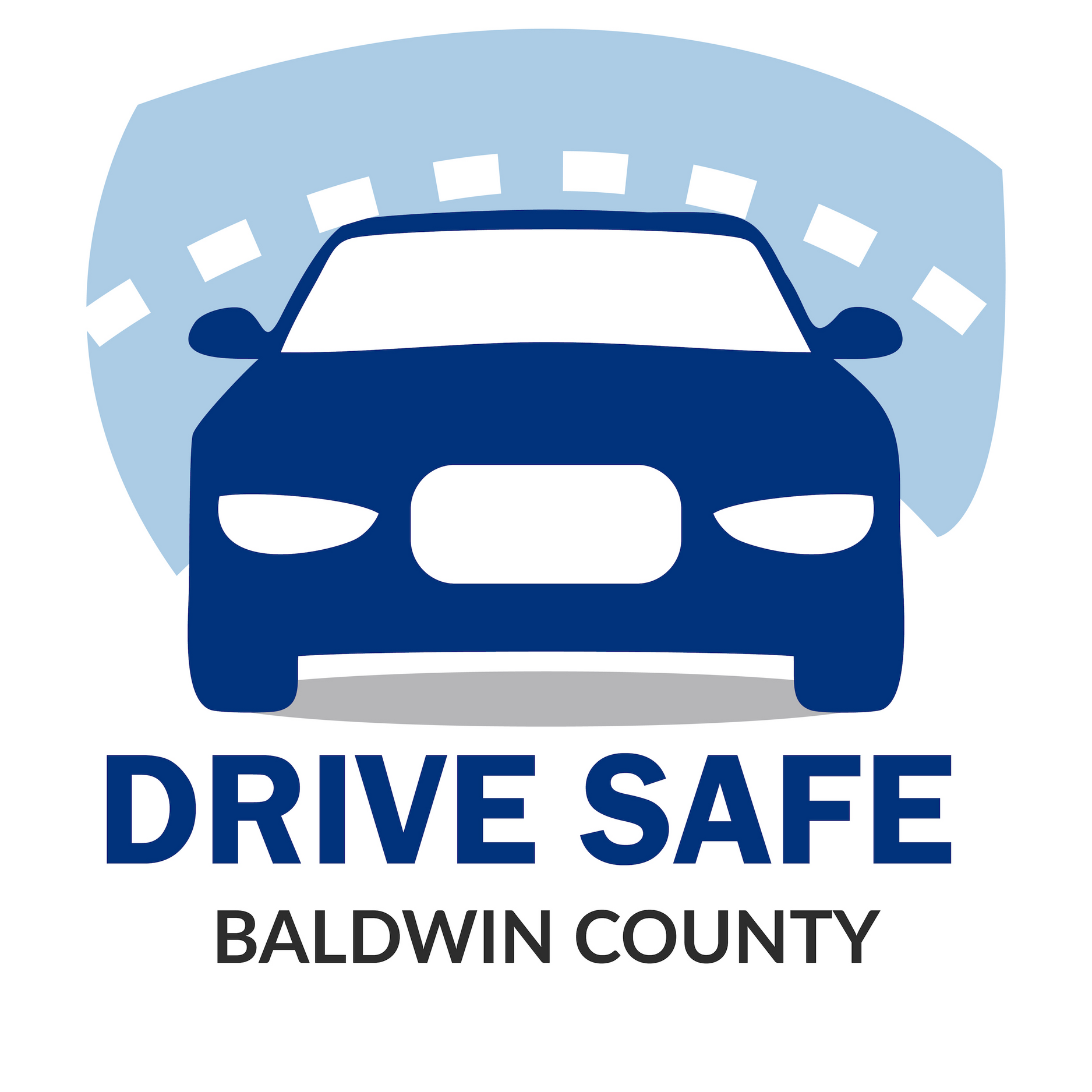Section 2 – Driving is not a right.
Being a licensed driver is a privilege you earn by demonstrating that you have the skills and responsibility required to operate a vehicle safely. If you lose some of those skills, or worse, ignore traffic laws that you deem to be inconvenient, you can lose your driving privileges very easily. Usually, this is done through the suspension or revocation of your license. You will learn more about those terms later in the course.

Are you newly licensed? Does your license have any strings attached or special conditions? If you have not yet reached the age of 18, there is a good chance you have what is known as a “Graduated License.” What does that mean? A graduated license status dictates when you can and cannot drive and who you can transport. In a little bit, you’ll read the particulars about the Graduated License status. For now, just know that you are bound by certain restrictions whenever you drive.
Why so strict? Why are you being singled out? Actually, you’re not. Despite your having passed all required driver’s tests, there is something very important that you still lack – experience. Yes, you’ve been on the road and you attended every Driver’s Ed class. You aced the Learner’s License test and impressed the examiner during your 5 minute road test. Despite all that, you still lack experience, and the only way to get it is to drive. Drive in the dark and in the rain, ice, snow, and fog. Drive in heavy winds or in heavy traffic. Drive when a careless driver forces you to make a hard turn or a bicyclist pulls out in front of you with no warning. That’s how you gain real world experience on the road.


These scenarios cannot be taught in a classroom.
You can hear about what to do all day long, but until you feel the rear end of your vehicle sliding sideways and feel what happens as you attempt to recover, everything is just theory.
You will never stop learning when it comes to safe driving. That is because you never know when you’ll experience one of the scenarios we described earlier. The likelihood of your never encountering what we’ll refer to as an “on board emergency” is pretty slim. The question is, though, what will happen and when? If you go out and you know it’s supposed to rain, you can prepare for a heavy, even blinding storm. The same may be true for fog and snow and wind. But when will you go into a skid on dry pavement? When will the dog who darts in front of you force you to make a hard stop or an emergency turn? The answer is “You just don’t know.” So your Graduated License is one way to let you ease into driving to build your level of experience. Then, when you do encounter trouble, you’ll be more prepared for it. Even if you have been of the road for a few years already, you may still lack the experience to deal with some of these scenarios. They’re not necessarily the kinds of things you’ll encounter every day.

So, maybe you cannot drive overnight because you could be tired at such a late hour. During those hours is when you might also encounter drunk drivers. Or you may run into drivers who feel that traffic laws don’t matter at one in the morning. Your Graduated License is an attempt to keep you safe as you get more comfortable behind the wheel. Of course, bad things can happen any time of day or night. Now that you’ve had a license for whatever length of time, continue to get out on the roads and learn and experience all that you’ll need. That is, if you want to become a driver who will enjoy a clean driving record over the course of your driving years. If this is your first moving violation, why not decide right here and now that it will be your last?
